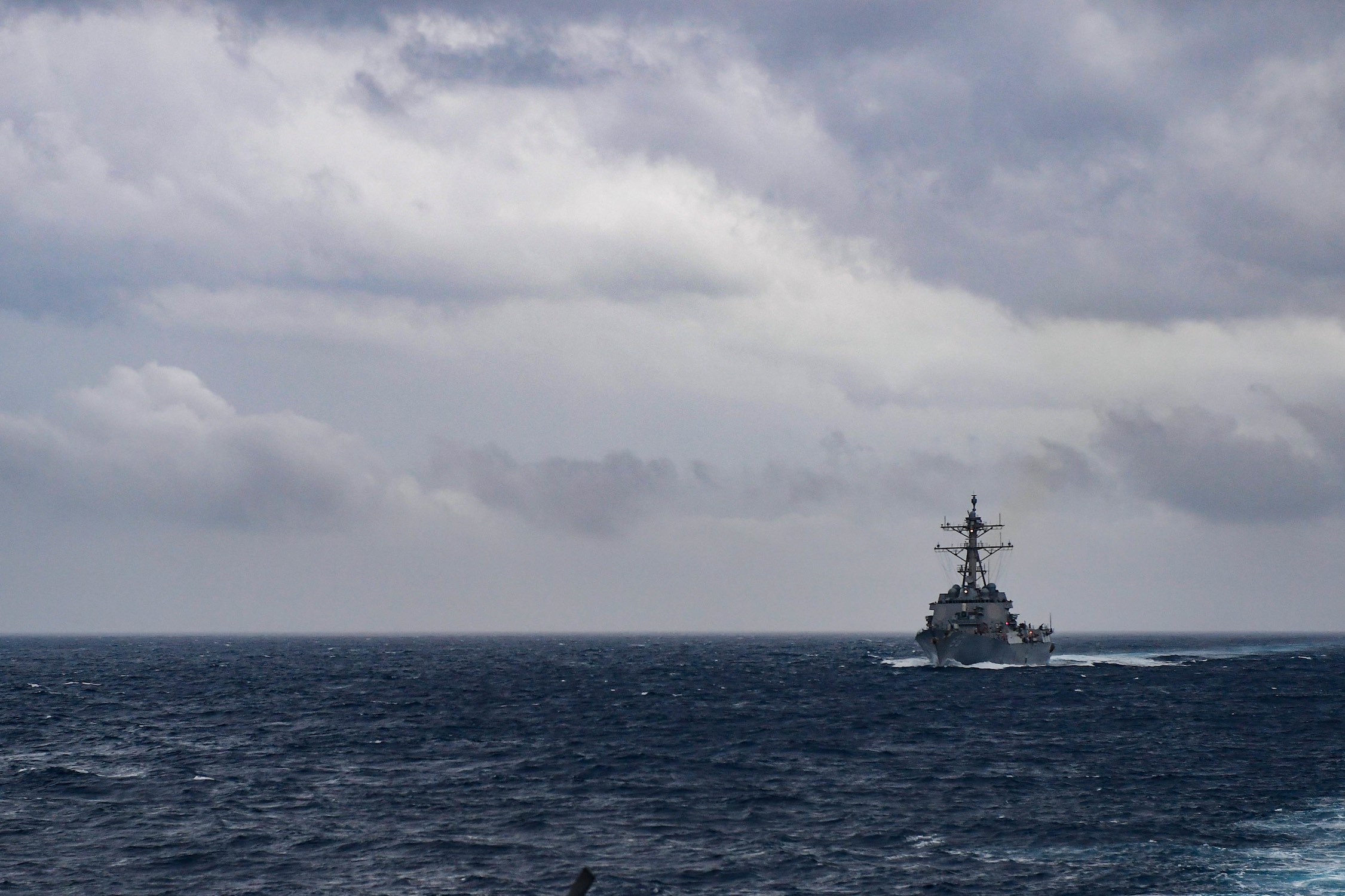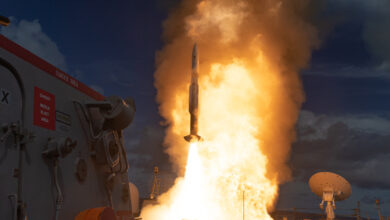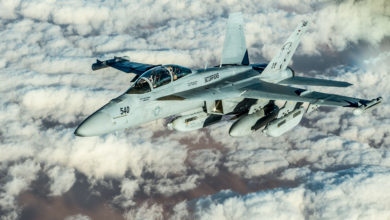US, Japan and India to carry out naval exercise under new Indo-Pacific Command
The U.S., Japanese and Indian navies will conduct joint training in the Philippine Sea this summer, the latest ‘Malabar’ maritime security exercise and the first off the coast of Guam.
“The exercise will feature both ashore and at-sea training off the coast of Guam in the Philippine Sea. Training will focus on high-end warfighting skillsets, subject matter expert and professional exchanges, combined carrier strike group operations, maritime patrol and reconnaissance operations, surface and anti-submarine warfare, medical operations, damage control, helicopter operations and visit, board, search and seizure (VBSS) operations,” the U.S. 7th Fleet said in a press release on Thursday, May 31.
Malabar 2018 is the first time the exercise has been conducted off the coast of Guam, the release said. Australia had sought to participate this year but was blocked by India, according to The Australian.
INDOPACOM
The exercise announcement comes a day after Secretary of Defense James Mattis announced that U.S. Pacific Command would be renamed U.S. Indo-Pacific Command.
“In recognition of the increasing connectivity of the Indian and Pacific Oceans today we rename the U.S. Pacific Command to the U.S. Indo-Pacific Command,” Mattis said at a ceremony where Admiral Phil Davidson replaced Admiral Harry Harris as commander.
Indo-Pacific Command is also called USINDOPACOM, a U.S. Marines Corps spokesperson told The Defense Post.
Davidson is now responsible for overseeing the largest and oldest of the U.S. combatant commands. Indo-Pacific Command’s area of operations covers more than half of the earth’s surface. The command includes approximately 375,000 U.S. military and civilian personnel, 200 ships and nearly 2,000 aircraft.
The first exercise carried out under the new name will be Gobi Wolf, held June 4-8 in Mongolia, the Marine Corps spokesperson said.
“GW 18 is a five-day disaster response exercise that is part of the Pacific Resilience Disaster Response Exercise and Exchange (DREE) program, which focuses on interagency coordination and foreign humanitarian assistance. GW 18 is designed to test disaster response processes while maximizing realism through a series of scenarios.”












